16th Arab Steel Summit showcases Arab countries' strides in sustainable steel production and CO2 reduction, spearheaded by industry leaders like Ahmed AL Nazr from HADEED/SABIC.
The region's substantial increase in steel production, led by nations like Saudi Arabia, the UAE, Egypt, and Morocco, aligns with a broader global shift towards economic diversification and infrastructure development. In the realm of environmental responsibility, these nations are actively addressing CO2 emissions associated with steel production. Notably, Saudi Arabia, the UAE, Egypt, and Morocco have made strides in adopting eco-friendly practices.
It's noteworthy that the Arab Steel industry contributes to less than 1% of the world's total crude steel CO2 emissions, a significant achievement compared to the global steel industry, which accounts for 7% of total CO2 emissions. Further emphasizing their commitment to sustainability, Arab countries are strategically utilizing alternative materials in steel production. Approximately 500 million metric tons of scrap are employed annually, avoiding 1.5 tons of CO2 emissions per ton of scrap compared to traditional methods. Additionally, the use of about 125 million metric tons of Direct Reduced Iron (DRI) results in a reduction of 1.15 tons of CO2 emissions per ton of DRI.



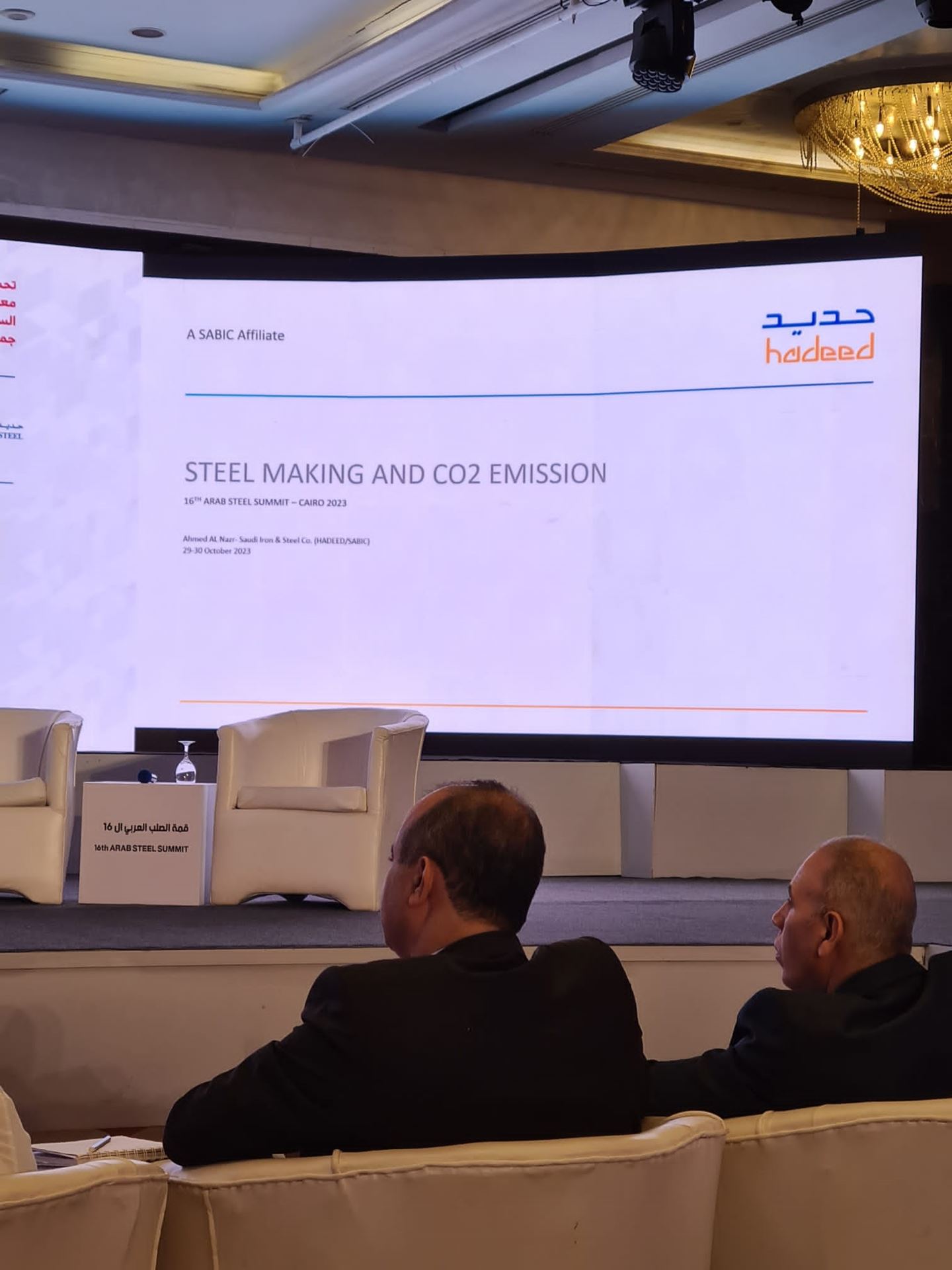
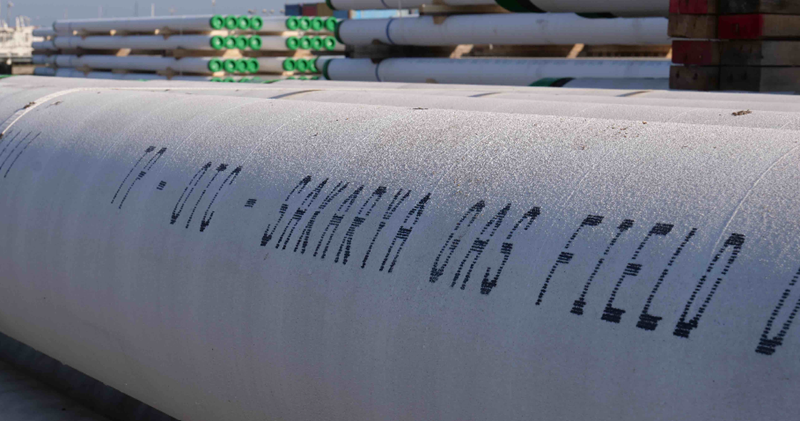
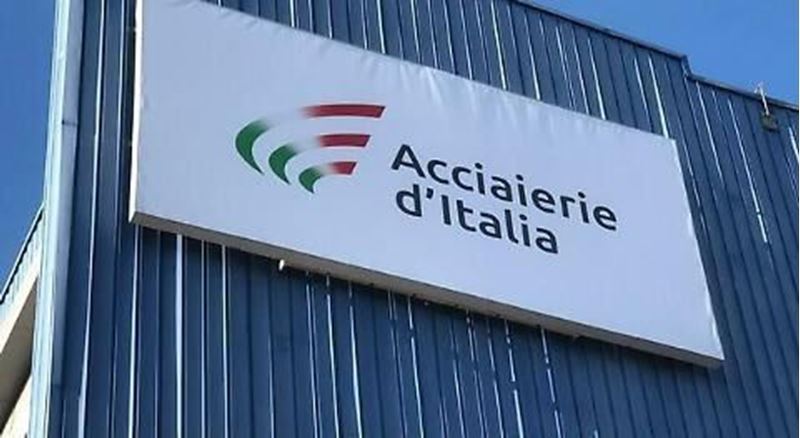
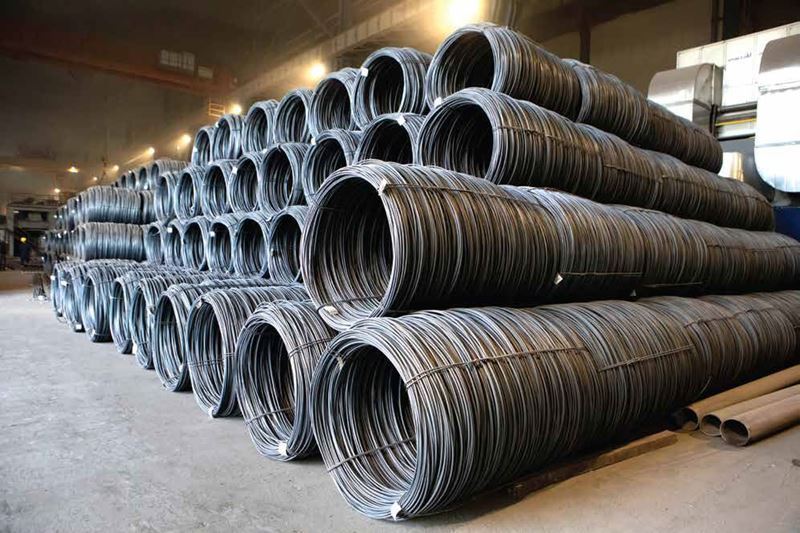
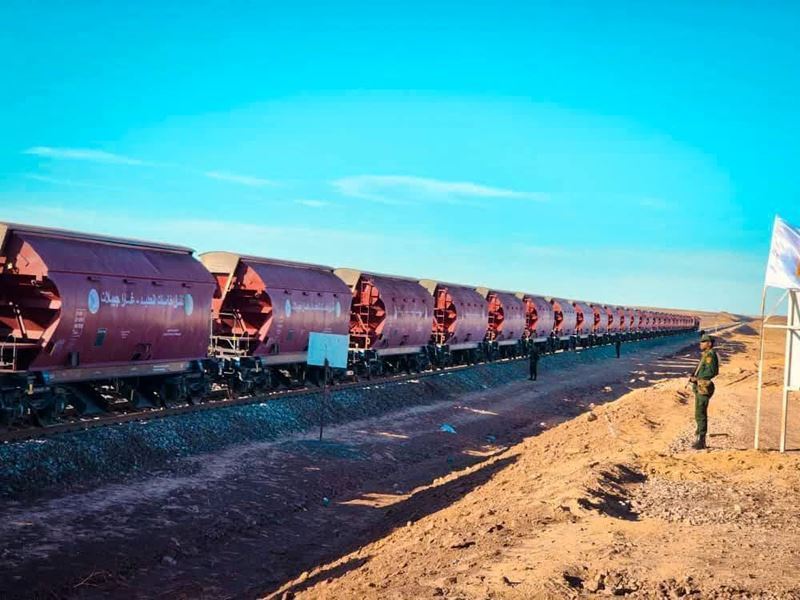



Comments
No comment yet.